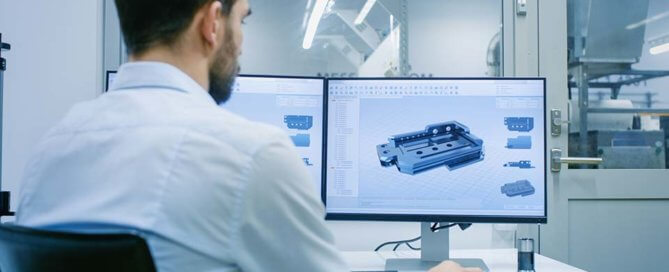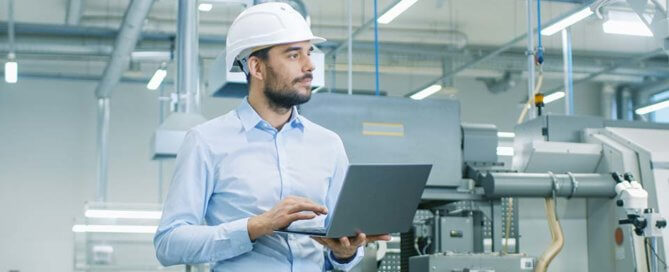How to Choose Water-cooled vs. Air-cooled for air Compressors?
The air compressor generates a lot of heat in the process of compressing the gas, there are several ways to cool the air compressor: Air-cooled Compressor Water-cooled compressor Open systems without circulating water (connected to an external water supply) Open systems with circulating water (cooling tower) Closed systems with circulating water (including an external heat






